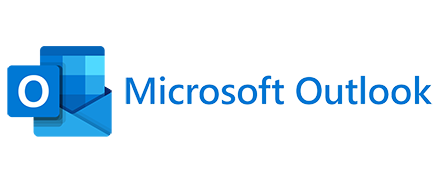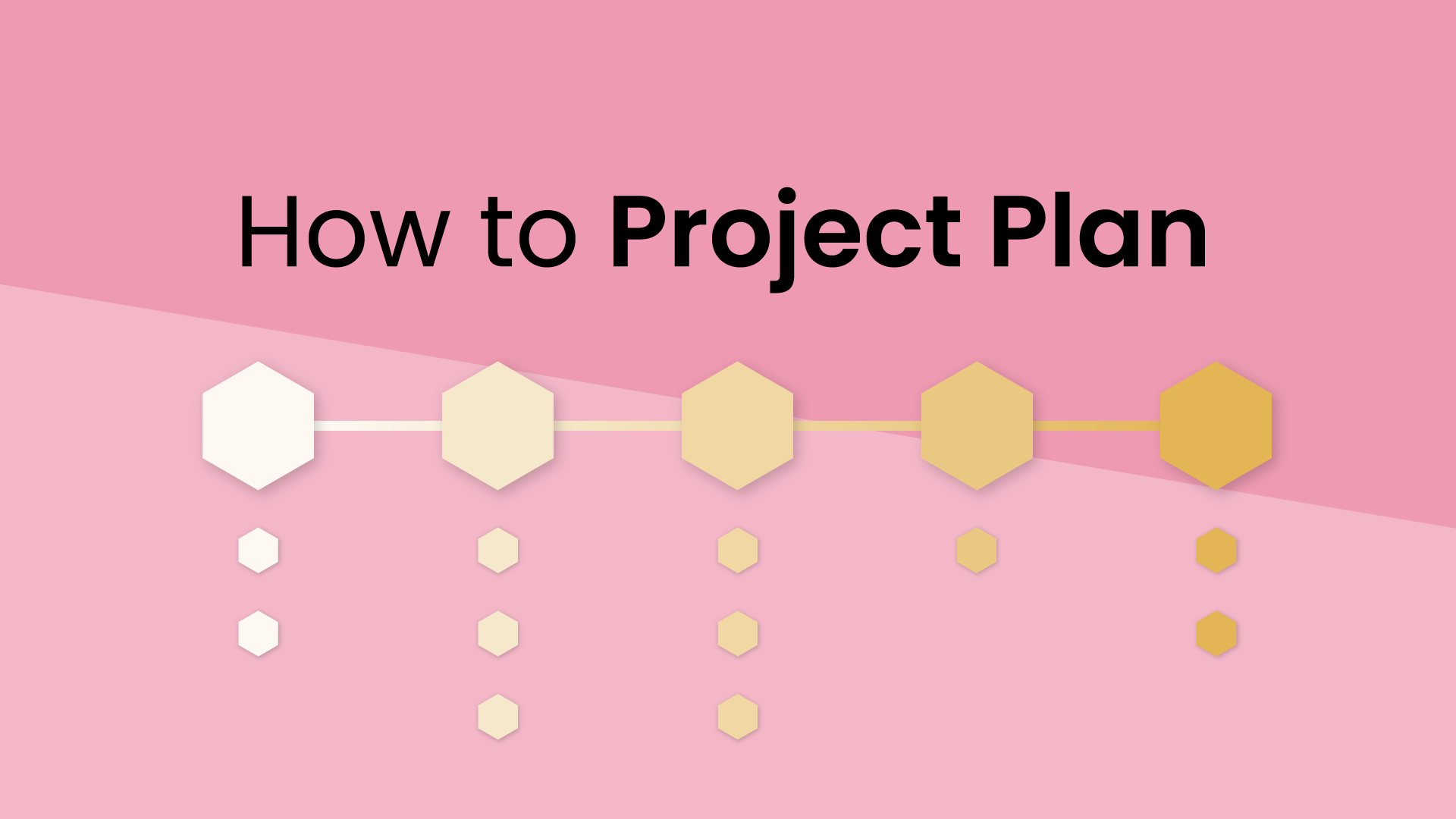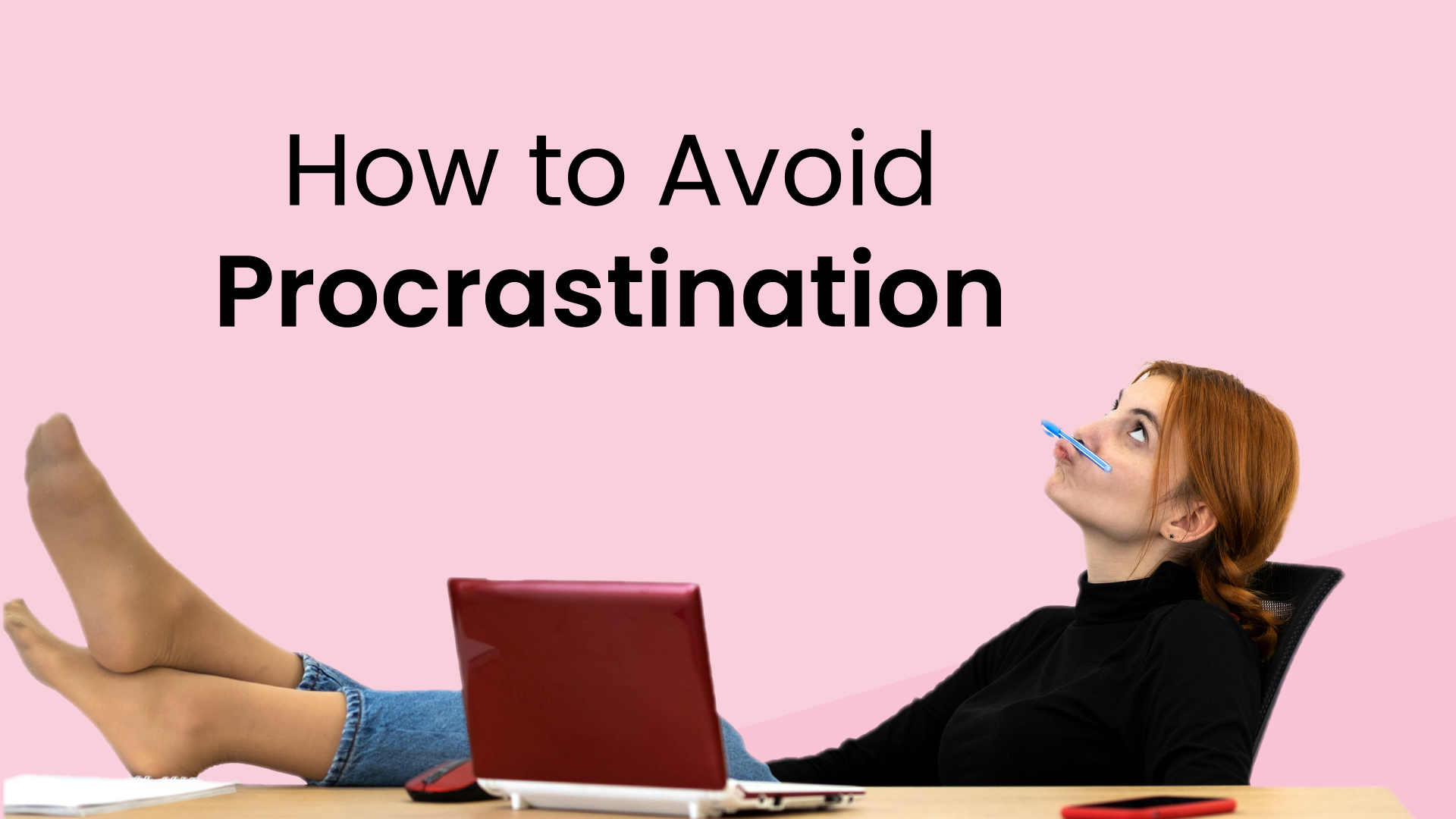

Is there a ‘best time’ to meditate? It often depends on your intention and your schedule. And if you miss your ideal time, no sweat! Just fit it in when you can. While you can optimize for the time of day, you’ll reap the benefits of meditation no matter when you meditate. The important thing is that you prioritize this healthy habit.
Many of us know that meditation has a lot of benefits, like reducing stress levels, improving focus and mood, and easing anxiety and depression. But it’s often swept to the side along with other self-care practices that you simply “don’t have time for.”
You might think self-care is selfish and that you need to prioritize everything and everyone above your own needs. Work, family, friends, partners, and other relationships take center stage, and you don’t make time for yourselves.
But psychologist Dr. Lisa Firestone says, “If we’re not attuned to who we are and what we want, we can start to make sacrifices that don’t just hurt or limit us, but actually negatively impact those we care for.” Prioritizing everything else above yourself actually drains you and makes it harder to give. What’s more, according to Dr. Firestone, when you aren’t getting your own needs met, you can drain the people you want to care for. As a result, you can end up complaining more, can become resentful, and more critical of yourself and others.
Meditation goes beyond your own wellness. It positively impacts the people around you and the goals you want to achieve.
So let go of the belief that you “don’t have time” to meditate and make space in your day for this essential self-care practice that will improve your well-being and make your work and relationships better.
Meditate to improve mental wellness
When stressors pop up in daily life, your body’s stress response activates. Heart rate increases. Adrenaline and cortisol release. And our blood redirects away from your limbs to your major organs. If you’re in repetitive cycles of stress, this can lead to a state of chronic stress, which, if left untreated, can lead to a wide variety of physical and mental health concerns including depression, diabetes, heart disease, high blood pressure, and more.
To release the stress and get back to a place of calm, Emily and Amelia Nagoski, coauthors of “Burnout: The Secret to Unlocking the Stress Cycle,” say you need to complete the stress cycle. This means finding a way to let your body know you’re no longer threatened. One way to do that is through meditation.
Meditation triggers the body’s relaxation response. It calms the mind, stopping the cycle of anxious thoughts and downregulating the physiological stress response.
General mindfulness has even been shown to shrink the amygdala, thereby reducing stress reactivity and improving well-being. Another study shows that 10 minutes of daily meditation can improve anxiety. So it’s worth making meditation a regular practice to reduce the overall stress response.
Find time in the morning
If stress reduction is your aim, a morning meditation sets the tone for the entire day.
Often, many people start the day by browsing the news or social media. Unfortunately, more than half of Americans report that the news makes them feel stressed — and social media will bring up those headlines even if you’re not actively checking the news. So you’re frazzled, and your stress response is already activated.
Replace that morning habit with a calming meditation while your mind is fresh and there aren’t any responsibilities pulling for your attention.
Or after work
If you struggle with work-life balance, meditating at the end of the workday can signal your body that it’s time to switch gears. It can help you stop thinking about the nagging, unsolved problems at work, and help you transition into family life, friendships, partnerships, and other relationships with full presence.
Whether you’re responsible for cooking dinner, helping kids with homework, or spending quality time with loved ones after work, taking 10 minutes to yourself will help you feel less stressed, and those around you will benefit, too. So take that time. It’s okay to ask your family to wait 10 minutes.
Or whenever you’re feeling stressed
While a daily mindfulness meditation practice can make you calmer overall, when you’re in a stressful situation, there’s no better time to meditate than now.
Take a meditation break as needed to reset if you find yourself feeling stressed or having trouble problem-solving. Stressful family weekend? Find a quiet place, excuse yourself to the bathroom if needed, and do a short, 1-3 minute meditation. You’ll come back with a calmer perspective, able to navigate tricky situations.
Meditate to improve work performance
Meditation even has proven workplace benefits. Problem-solving, decision-making, and critical thinking improve. It combats stress and burnout. Collaboration, innovation, and work quality improve, especially when a team meditates together. Meditation makes it easier to manage emotional reactions. It boosts memory. And initial findings even indicate that meditation may reduce prejudice.
Research with the meditation app Headspace found that stress was reduced by 32% after 30 days, burnout was reduced by 14% after just four sessions, and focus improved by 14% after four weeks. It even cuts reactivity and aggression toward negativity by 57%, making it easier for teams to work together.
Start the workday with meditation
Meditating in the morning means you can:
- Fit it in at a time when you’re less likely to be interrupted by other responsibilities.
- Start your day with better focus and decision-making capabilities and an increased ability to handle the stresses that may come up at work throughout your day.
- Habit stack by putting it directly before or after other parts of your morning routine like showering or brushing your teeth, which can make it easier to implement.
Even if you can’t squeeze in a full meditation session, it’s worth fitting in what you can in the morning to start your day from a grounded place. People have found that just five minutes of mindfulness can have a life-changing impact.
Or after lunch
62% percent of American workers eat lunch at their desks. But ultimately, that makes you a less effective worker. The lunch hour is a perfect time to meditate. Take advantage of your lunch break to let go of a frantic morning, prepare yourself for afternoon meetings, or reset when shifting tasks.
By taking a step back from your work with meditation, you can come back with a fresh perspective on a complex problem.
Or when you need it
Taking regular breaks can increase productivity, decrease stress, and boost creativity. When you work too long without a break, you can get stuck in a mental loop with a problem, or find that you’re just focusing on the wrong things.
Step away from your desk and reset with a quick meditation. You might realize you need to prioritize something else on your to-do list or simply that you’ve spent too much time on a task and need to speed it up or switch to something else.
Stressed for time and literally going into a meeting right now? Just take a single breath to let go of any frantic energy. Feel your feet on the ground and the seat beneath you. Release tension you don’t need. You can do all that in one breath and start your meeting feeling calmer and more confident.
Mindful moments at work don’t have to be just sitting quietly with your eyes closed either. Try an eating or walking meditation.
Meditate to sleep better
Watching Netflix in bed or scrolling through social media can keep you up. Instead, wind down with an evening meditation. Meditating before bed can help you let go of the day and any racing thoughts, and ease you into a restful night’s sleep.
Apps like Headspace, Calm, and Relax Melodies have guided meditations dedicated to helping you wind down for the night, as well as bedtime stories to help you drift off — who said bedtime stories were just for kids? If you have a Netflix account, Headspace recently released a wind-down experience that gives you four bedtime stories to choose from.
Get meditation into your calendar
Ultimately, the best time of day to meditate is whenever it works for you, whether that's early morning or a midday meditation, at work, at home, or on your commute. The great thing about meditation is you can do it whenever and wherever and still reap the benefits.
If you have early meetings one day and only have time for a shower and a breakfast muffin, add meditation in the afternoon to create calm for the rest of your day. If you have a long commute on public transportation, use that time to ground yourself before or after work. The important thing is that you make time for meditation. That’s where Reclaim comes in.
Reclaim creates flexible blocks on your calendar for any Habit or regular routine you want to make time for, like email catch-up, lunch, or meditation. You choose how aggressively you want to defend your Habit, and Reclaim will automatically find the best time in your schedule across all of your work and personal calendars. These time block events stay “free” in your schedule to maximize your availability, and then flip to “busy” once you start to run out of options on your calendar to ensure this time is protected.
Best of all? Habits and Calendar Sync at Reclaim are free forever, so give it a try to rebalance your week and prioritize your healthy meditation habit.
There are plenty of apps that can guide you through your practice: Headspace, Calm, Insight Timer, Waking Up, Relax Melodies, and many more. They all have a slightly different approach, so try them out and see what resonates with you.
Productivity Trends Reports
AI calendar for
work & life
Auto-schedule focus time, meetings, & breaks.
Create your free account →CONNECT YOUR CALENDAR



















.png)
.png)

.png)









